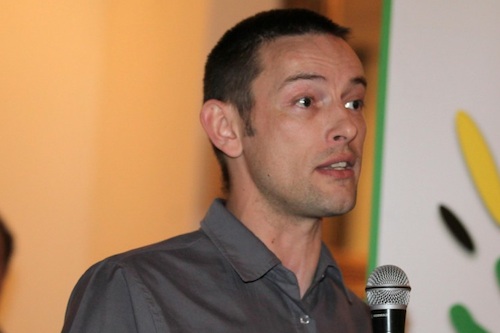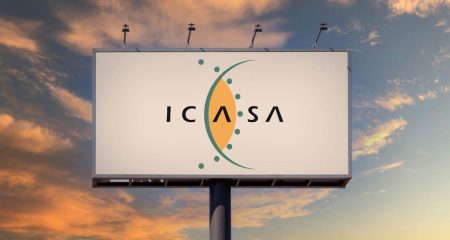
Tensions are simmering between Internet service providers (ISPs) and copyright holders over the downloading by consumers of pirated music, movies and other content.
Two members of the management committee of the Internet Service Providers’ Association (Ispa) last week voiced their displeasure at copyright holders who expect Ispa members to police what their subscribers do online.
Ispa’s Mike Silber says because the Internet association is recognised under the Electronic Communications & Transactions Act, its members are exempt from liability for the material traversing their networks. Silber was speaking at a telecommunications conference in Midrand.
A number of ISPs have received notices from content rights holders accusing their subscribers of downloading material illegally. The notices usually include an Internet Protocol address to help the service providers identify the alleged pirates. Some ISPs forward these notices to their subscribers as a formality; others don’t even bother.
Silber says it is “not acceptable” for copyright holders to expect ISPs to act as a private police force to enforce copyright.
He adds that service providers can’t be expected to make moral judgments about which websites to block, and which not to block. That would send the message that consumers can’t take responsibility for their own actions and that ISPs need to make decisions on behalf of their users. “For me, that’s an unacceptable situation.”
He says that if the music industry were to sell copyrighted material in a “convenient and cost effective way” they’d make “significant money”.
His colleague at Ispa, Ant Brooks, pictured at top, says the notices issued to ISPs, informing them of alleged illegal download activity on their networks, are problematic for a number of reasons.
For one thing, he says, there are far greater infringements taking place on private networks, such as wireless-area user groups, than on the public Internet. “These are completely outside the realm of Internet service providers,” Brooks says.
“Also, who is going to pay for all of this? Copyright holders are very keen for steps to be put in place, for the monitoring of customers. But there’s an expectation that ISPs will simply cough up their hard-earned money to protect someone else’s commercial interests.”
Silber agrees. “Why do service providers have to pay the cost for failed or failing business models among the copyright holders?”
Brooks says there will be “aggressive resistance” from ISPs in SA if copyright holders expect them to be their “police force”.
He says the idea of cutting off users because of alleged copyright violations is also riddled with problems. “For starters, it’s probably illegal to do that.”
But, he says, “in an extreme case, where someone is an unrepentant pirate who makes copies of material and actively distributes it, then maybe they should be prohibited from using the Internet for a period of time. But an average user, based on just an allegation? That’s crazy.”
Brooks says that as far as he is aware none of the letters sent to SA service providers by copyright holders has led to litigation against any individual or ISP. There’s a lack of legal case history to draw on, he says. — Duncan McLeod, TechCentral




